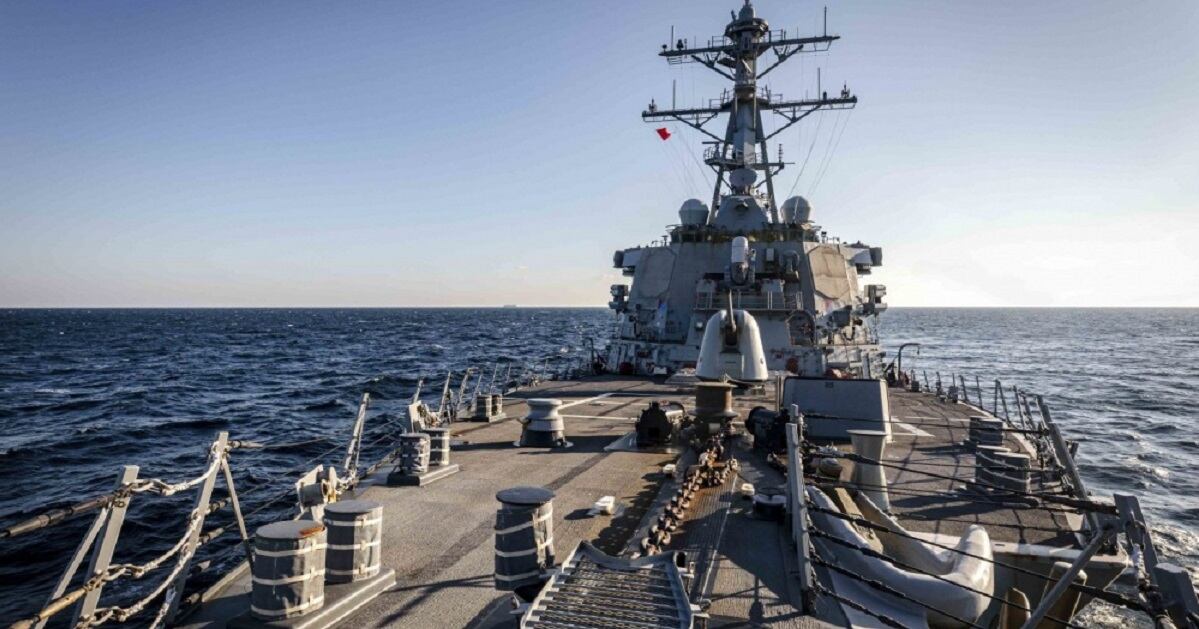The U.S. Navy has for years now sent warships through the South China Sea, past military outposts erected by the Chinese military on what were once mere reefs or sand bars.
The Navy’s freedom of navigation operations, or FONOPs, are the U.S. military’s way of telling Beijing that, while it may build island fortifications in the region, those waters are international and anyone is free to steam right on through.
The guided-missile destroyer John S. McCain conducted two FONOPs during the week of Christmas alone in the South China Sea.
But in 2020, the Navy undertook FONOPs elsewhere around the globe, in locations that had nothing to do with the Chinese.
Under the aegis of U.S. Southern Command, several warships steamed off the coast of Venezuela this year, sending a message to the regime of Nicolas Maduro that waters outside Caracas’ exclusive economic zone were international.
RELATED

And in November, Russia got a FONOP of its own, when the John S. McCain entered the Peter the Great Bay in the Sea of Japan to challenge “Russia’s excessive maritime claims.”
In that incident, state-run Russian media quoted Russian officials as saying their ships threatened to ram the McCain and chased it away, a characterization the U.S. Navy disputed.
Perhaps the Pentagon under President-elect Joe Biden will change things on the global stage in a way where maritime claims aren’t such a flashpoint. Maybe a return to old-school diplomacy will chill everyone out.
But it seems likely the U.S. will continue to challenge excessive maritime claims in the year ahead, particularly in the South China Sea.
Geoff is the managing editor of Military Times, but he still loves writing stories. He covered Iraq and Afghanistan extensively and was a reporter at the Chicago Tribune. He welcomes any and all kinds of tips at geoffz@militarytimes.com.
